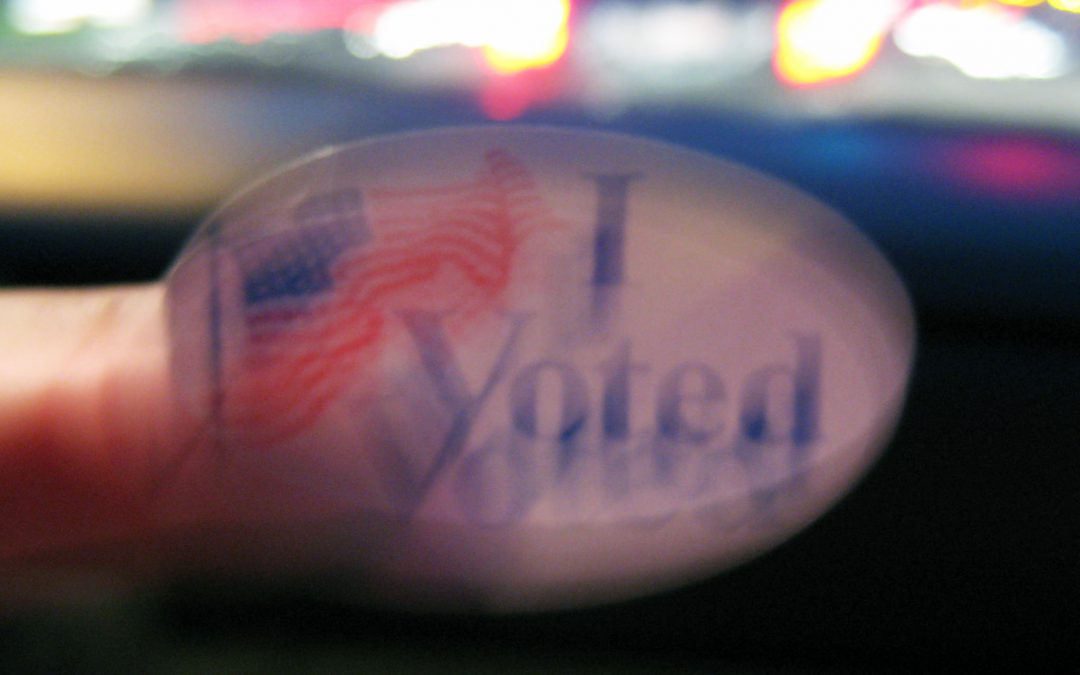WASHINGTON — The Trump campaign has launched a series of lawsuits in key battleground states, drawing on a wide array of accusations and legal claims that aim to advance unproven allegations of widespread fraud and voting irregularities.
The legal filings target the election certification process and largely make similar claims, including poll worker malfeasance, lack of “meaningful access” to vote counting, and fraudulently casted mail-in ballots. Despite these allegations, legal and political experts said Thursday that almost none of the lawsuits have legal merit.
“The chances of these legal battles leading to Trump’s victory in the election are very close to zero, if not zero,” said Paul Collins, a professor of legal studies and political science at the University of Massachusetts Amherst.
President Trump has refused to concede the election following Biden’s projection to win the presidency Saturday. The President has launched a series of tweets claiming the election is “far from over” and continued to advance unproven claims of voter fraud. In a press conference on Saturday, Trump’s personal lawyer Rudy Giuliani vowed to keep fighting against results they claim are fraudulent.
Harvard Law professor Charles Fried, who served as solicitor general under President Ronald Reagan, called Trump’s allegations “vandalism”.
“Unless they come up with something substantial, real concrete evidence that’s admissible in a court of law, it means nothing. It’s a way of sowing doubt and confusion,” Fried said. “If they had something, we’d see it by now.”
Attorney General William Barr authorized federal prosecutors to investigate any “substantial” claims of voter irregularities and election fraud on Monday, despite no reports of evidence.
“Massive voter fraud is rare. And it’s very hard to pull off without people knowing about it,” said Kermit Roosevelt, a constitutional law expert and professor at the University of Pennsylvania Law School.
“The idea that you would have all of the state officials saying that this is a fair election and we didn’t have problems and that you wouldn’t have media organizations coming up with evidence, it really seems like the simplest conclusion is that there just wasn’t fraud — not on the scale that they’re alleging.”
Even if some of Trump’s legal efforts succeed, experts said that the number of votes in question is not sizable enough to change the results.
“None of them really have the potential to change enough votes to change the outcome because this isn’t really that close of an election,” Roosevelt said. He explained that the Trump campaign would “need to flip multiple states and the margins are very wide.”
Even so, several Republican allies have backed Trump in his refusal to concede. Comparing Trump’s litigation to the legal fight over the 2000 presidential race, many have cited Bush v. Gore as reasoning for why the President should pursue legal options.
“Twenty years ago, when Florida came down to a very thin margin, we saw Vice President Gore exhaust the legal system and wait to concede until December,” Senate Majority Leader Mitch McConnell of Kentucky said in a floor speech Monday.
However, Barry Richard, who represented President George W. Bush in the Florida litigation that determined the 2000 presidency, said that there is no validity to the comparison.
“In the Bush Gore election, the problem was acknowledged by everybody. It was defectively designed ballots. Nobody was claiming that there was any fraud or voting irregularities,” Richard said.
“Today, there is no evidence that there is a problem of any kind. The only reason that litigation is going on is because Trump, with no basis, has said that there was a problem when he’s filing lawsuits. That’s a very big difference.”
Although Trump is unlikely to make headway with any of these lawsuits, experts say it is complicating Biden’s transition to the presidency.
Collins said Trump’s rhetoric and lawsuits are “causing issues” like the General Service Administration’s (GSA) decision not to recognize Biden as the next president, which is required to ensure a smooth transition of power between administrations.
“It’s actually very troubling because Biden’s not getting some of the information that he needs, including things on national security but also on the coronavirus,” Collins said.
Although election experts were uncertain about when Trump’s legal battle will come to a close, Collins said that, by the very latest, there will officially be a new president come Inauguration Day.
“The Trump campaign can refuse to concede,” he said, “but on January 20th Joe Biden will be the president of the United States with or without their concession.”

